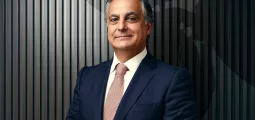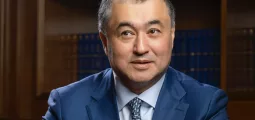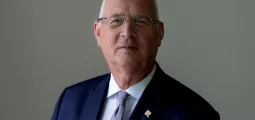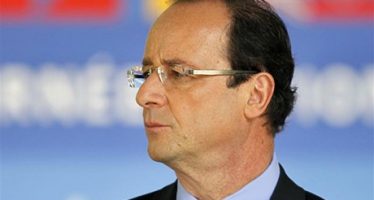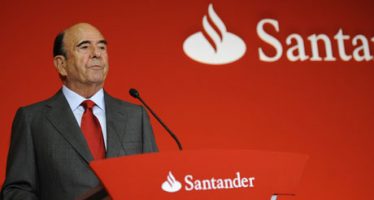The Underrated Modesty of Executive Pay at the World Bank
 There are moments in time when the proverbial storm in a teacup serves to underscore a point. The World Bank Group is living one such moment.
There are moments in time when the proverbial storm in a teacup serves to underscore a point. The World Bank Group is living one such moment.
The bank is in the midst of a possibly painful restructuring process that is to improve efficiencies, streamline operations, and increase lending capacity – already doubled for middle-income countries. The overhaul, set to result in savings of $400m on a $5bn operating budget, may ultimately affect some of the bank’s 15,000 employees.
With the restructuring process well under way and causing varying degrees of concern on the work floor, most World Bank employees were none too impressed when it was revealed, earlier this week, that at least four of the institution’s top directors would receive bonuses.
In an attempt to quell a full-blown revolt, the World Bank Group’s Chief Financial Officer Bertrand Badré announced that he would voluntarily forego his bonus. Though welcomed, the move did not entirely dissipate tensions at the bank’s offices in Washington.
“For an institution of this size, and considering the times, executive pay at the Wold Bank seems almost frugal and certainly in-line with the bank’s stated mission.”
Interestingly, the pay-out Mr Badré gave up amounts to all of $94,000. This sum was to sweeten his $380,000 annual salary. In the UK, that level of remuneration would be considered “chicken feed” by the likes of London mayor Boris Johnson. According to Bank of England data, 2,188 UK bankers receive compensation packages worth in excess of €1m ($1.3m).
The salaries paid to top executives at the World Bank Group pale by comparison. Yet, the bank is widely considered a pioneer when it comes to finding innovative and often complex ways to finance development in the least advantaged countries. This, of course, requires a great deal of financial engineering talent. With a mandate to reduce poverty on a global scale, the World Bank Group provides around $30bn of loans annually.
For an institution of this size, and considering the times, executive pay at the Wold Bank seems almost frugal and certainly in-line with the bank’s stated mission. At a staff meeting last Tuesday, the institution’s president Jim Yong Kim argued that the World Bank needs to offer reasonably competitive pay packages in order to attract and keep the best talent. Indeed, Mr Badré arrived at the World Bank Group only last year from the French Société Générale to assume overall responsibility for financial and risk management strategies.
In many ways, the World Bank Group’s remuneration structure – along with that of institutions such as the Norwegian sovereign wealth fund (Government Pension Fund of Norway Global) – should dispel the persistent myth that salaries and bonuses reaching stratospheric heights are part and parcel of the banking sector without which it supposedly cannot function properly.
While the restructuring process currently unfolding at the World Bank Group may cause some discomfort, concerns about excessive executive pay do seem rather misplaced or even a tad overblown – perhaps a storm in a teacup.
You may have an interest in also reading…
The Franco-German Relationship Looks Set to Continue but Where Does This Leave the Greeks?
Newly-inaugurated French President Francois Hollande and German Chancellor Angela Merkel said on Tuesday they want Greece to remain in the
2020 UNCTAD World Investment Forum: More Important Than Ever in an Age of Worrying Trends
In December this year, Abu Dhabi will welcome government leaders, CEOs and investment stakeholders for the seventh biennial UNCTAD World
Santander Committed to Brazil as Major Contributor to Bank’s Profits
Chairman Botin confirms the strategic importance of Santander Brazil, which accounts for the vast majority of the bank’s world-wide profits

